

Many of the state’s largest school districts have contracts that expire June 30. The California Teachers Association is coordinating strategies across 32 districts.


We bid a long goodbye to 2019’s education controversies with 10 Capital & Main stories that captured the year.


California’s 1.4 million-member public-sector unions are the key force that has pushed the state toward increasingly progressive policies. The Supreme Court could seriously diminish that force.
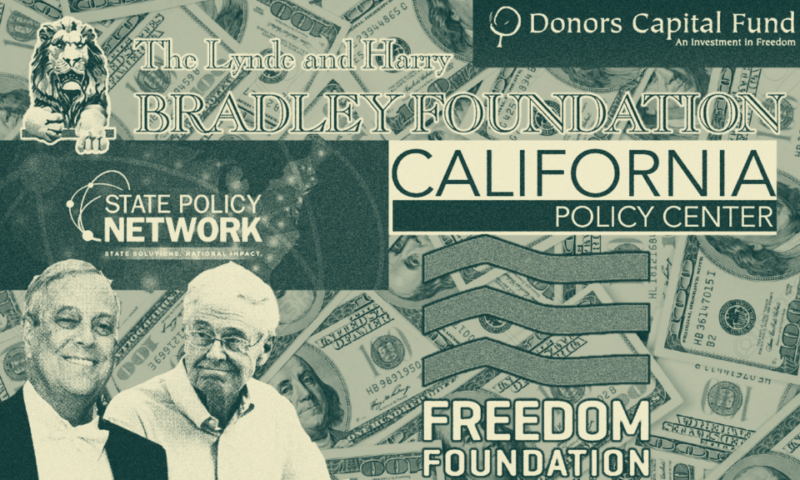

Co-published by International Business Times
Millions of public-sector workers could soon be targeted by conservative groups trying to dissuade them from paying union fees.
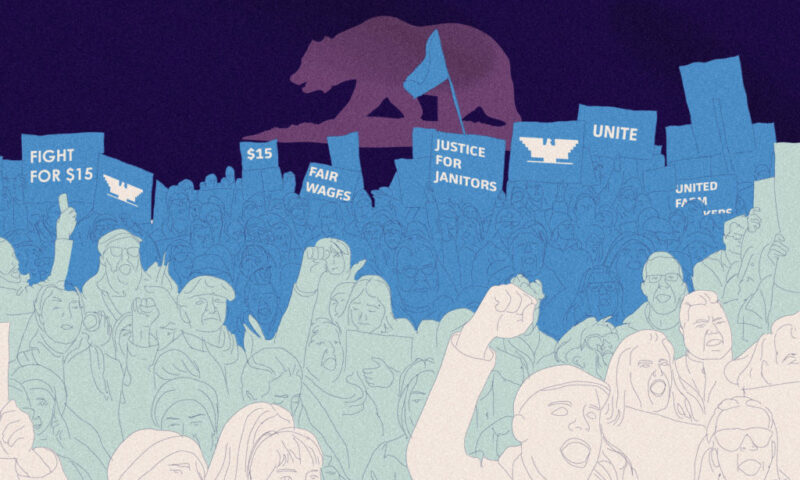

Co-published by International Business Times
Right-to-work forces see in Janus v. AFSCME a golden opportunity to cripple public-sector unions, while organized labor looks for a silver lining in the event the Supreme Court rules in Mark Janus’ favor.
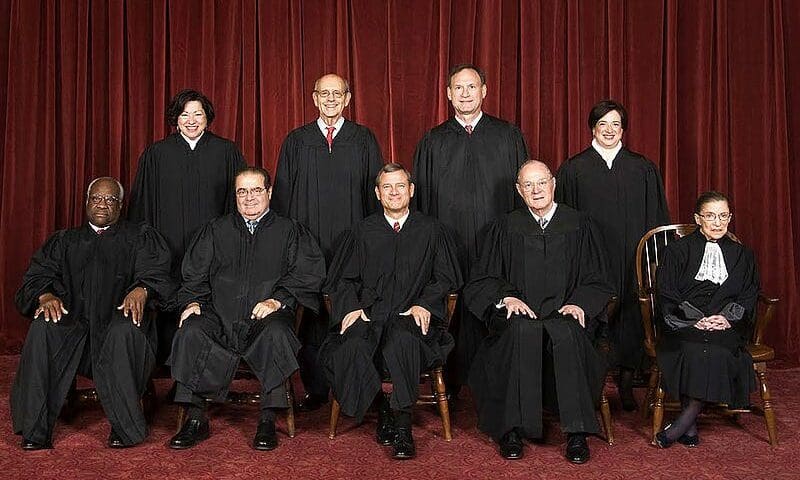
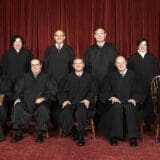
On Monday the Supreme Court heard oral arguments in Friedrichs v. California Teachers Association, a lawsuit that targets Abood v. Detroit Board of Education, a nearly 40-year cornerstone of labor-management relations. At stake is the principle that, although public employees who don’t join a union cannot be required to pay for the union’s political activities, they can be charged an “agency” or “fair share” fee to pay for the services that the union is required by law to provide all members.
Capital & Main asked labor attorney and Century Foundation fellow Moshe Marvit, who studied Monday’s transcripts, for his assessment of the case, whose ruling is expected by June.
Capital & Main: Were there any surprises in Monday’s arguments?
Moshe Marvit: There had been some hope that [Justice Antonin] Scalia might be a little bit more open to California’s and the union’s arguments,
» Read more about: Moshe Marvit’s Six “Friedrichs” Takeaways »
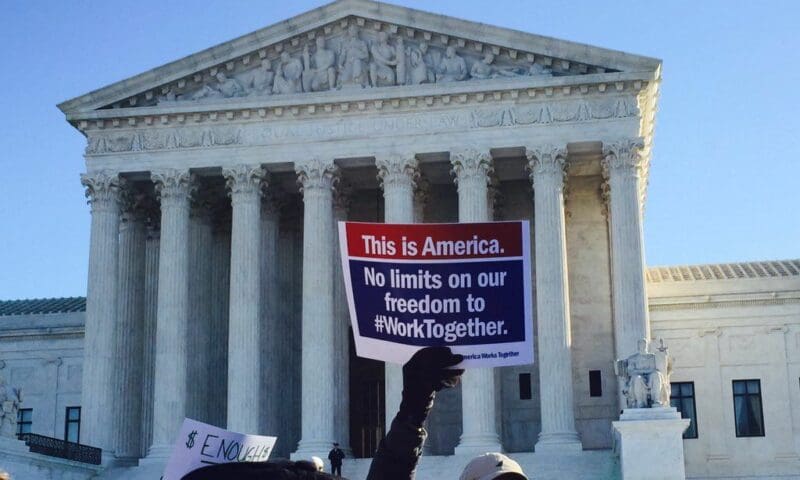

Friedrichs v. California Teachers Association, the latest struggle over workers’ rights, a case whose oral arguments were heard Monday by the U.S. Supreme Court, clearly means different things to different groups. The passionate rhetoric around Friedrichs, and most of its proponents’ legal arguments, have focused on individual liberties and freedom of speech. “Paying fees to a union should not be a prerequisite for teaching in a public school,” Harlan Elrich, one of the plaintiffs, wrote in the Wall Street Journal. “No one in the U.S. should be forced to give money to a private organization he or she disagrees with fundamentally.”
But the main goal of those funding the case is, likely, to reshape the political landscape by neutralizing the power of organized labor. The broad impact of a successful suit will be to drain the union of dues,


Read transcript of today’s Supreme Court oral arguments in Friedrichs v. CTA
Last July, 2,000 conservatives and Tea Party activists gathered in Las Vegas for the annual FreedomFest, which featured GOP presidential frontrunners Donald Trump and Marco Rubio. But it was a fourth grade public school teacher from Orange County named Rebecca Friedrichs who promised the far right a prize that neither Trump nor Rubio could offer. Friedrichs and nine other California school teachers are part of a lawsuit now before the U.S. Supreme Court that could deliver a severe blow to the nation’s public-sector unions. It would radically upend the political power of labor — and also, conservatives hope, of the Democratic Party — across the United States.
Friedrichs’ message last summer was the same as she has told audiences elsewhere: “Supposed [union] benefits are not worth the moral costs.”
The “moral dilemma,” she claims,
» Read more about: Could Friedrichs v. CTA Be Labor’s ‘Citizens United’? »


Last November unions won a resounding victory when voters defeated Proposition 32, a ballot measure that would have crippled labor’s political influence in California, partly by barring public-employee unions from using payroll-deducted funds for political purposes. The initiative, which enjoyed a huge lead in early opinion polls, was heavily funded by wealthy conservatives and far-right groups.
Union leaders were overjoyed by its defeat.
“You can’t buy California,” Dean Vogel, president of the California Teachers Association (CTA), told an election-night victory party in Sacramento. “We’re not for sale.”
The celebration hasn’t been long lived. In a little-noticed move in April, a conservative legal organization that has pushed to overturn the 1964 Voting Rights Act filed a lawsuit in federal court in Santa Ana that could accomplish in the courts what Prop. 32 couldn’t at the ballot box. The players behind the suit may not be household names but the millionaires and private foundations covering their legal fees represent a familiar klatch of extreme libertarians who,
» Read more about: Prop. 32 Ghost Looms Over Lawsuit Against Teachers Union »